
TYPICA Lab Kicks Off
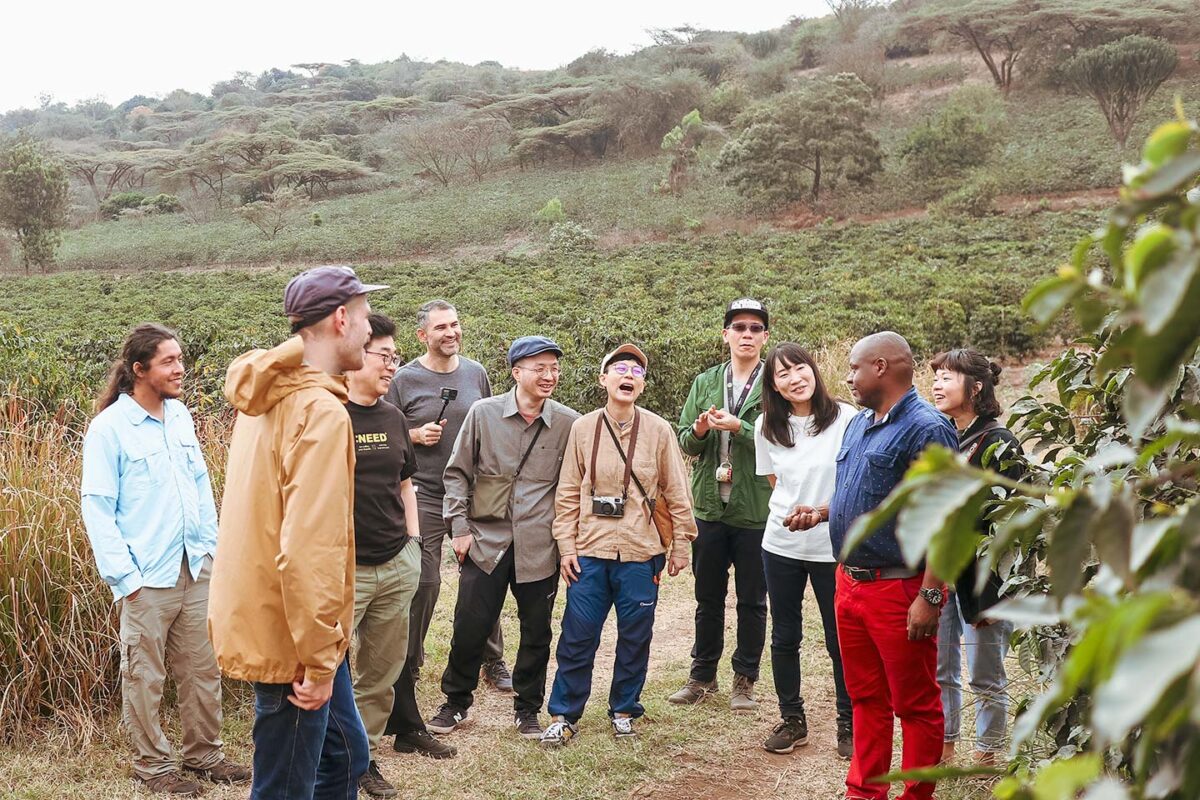
We are excited to let you know that we have kicked off TYPICA Lab. In this project, roasters across the globe visit coffee producers worldwide. Japanese roasters traveled to Bolivia in the first series, which started in September. In the second series from October to November, roasters from Europe, Japan, South Korea and Taiwan stayed in Kenya and Tanzania, deepening their connections with producers and each other.
Green coffee is the crystallization of producers’ hard work, skills, and knowledge. Roasters, meanwhile, try and do their best job to bring out the unique character of each coffee with roasting and serve it to coffee lovers. By visiting farms, roasters not only literally came face-to-face with producers, but shared knowledge through cupping sessions and conversations, renewing their passion for coffee in the process. The project also provided an opportunity for roasters to reflect on the roles they can play in the coffee industry.
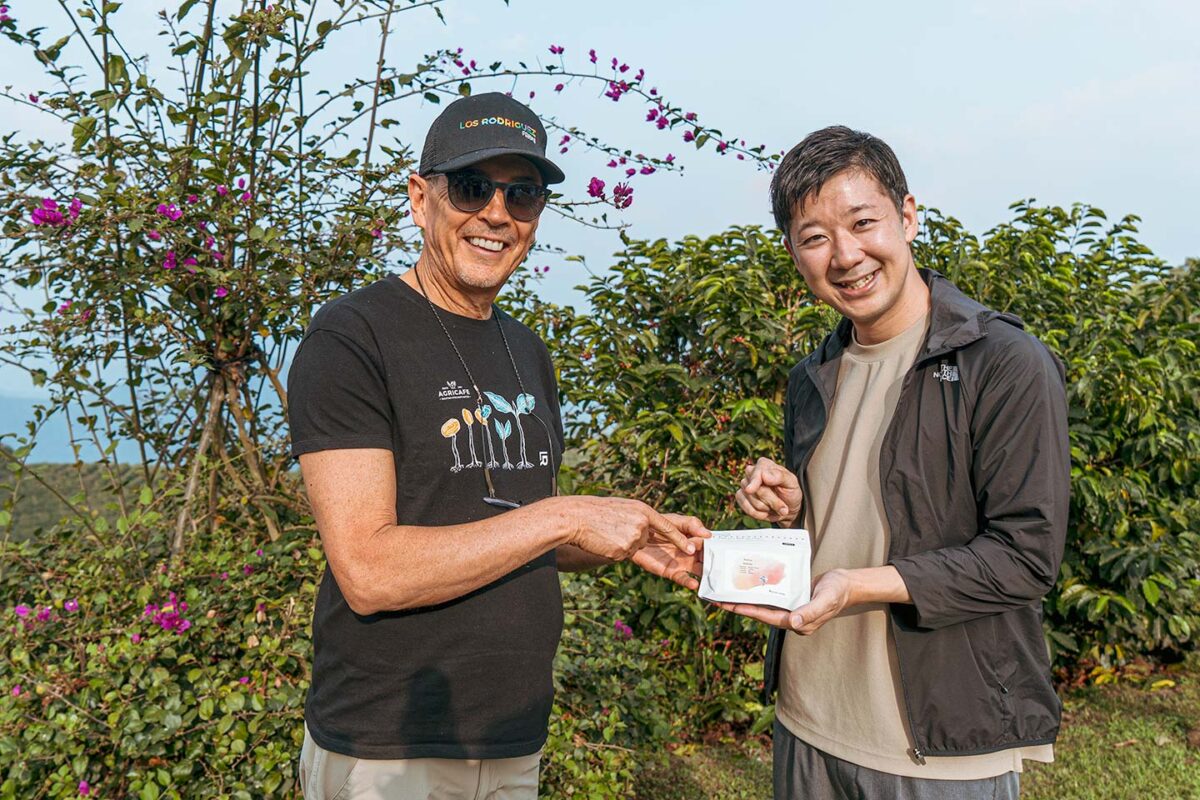
Seven Japanese roasters joined the Bolivia tour, which took place from September 7 to 14. With the help of Nayra Qata’s Juan, who processes coffee from small producers, and Agricafe’s Pedro, who is among the most prominent producers in Bolivia, the roasters visited coffee farms in various natural settings and with different production facilities.
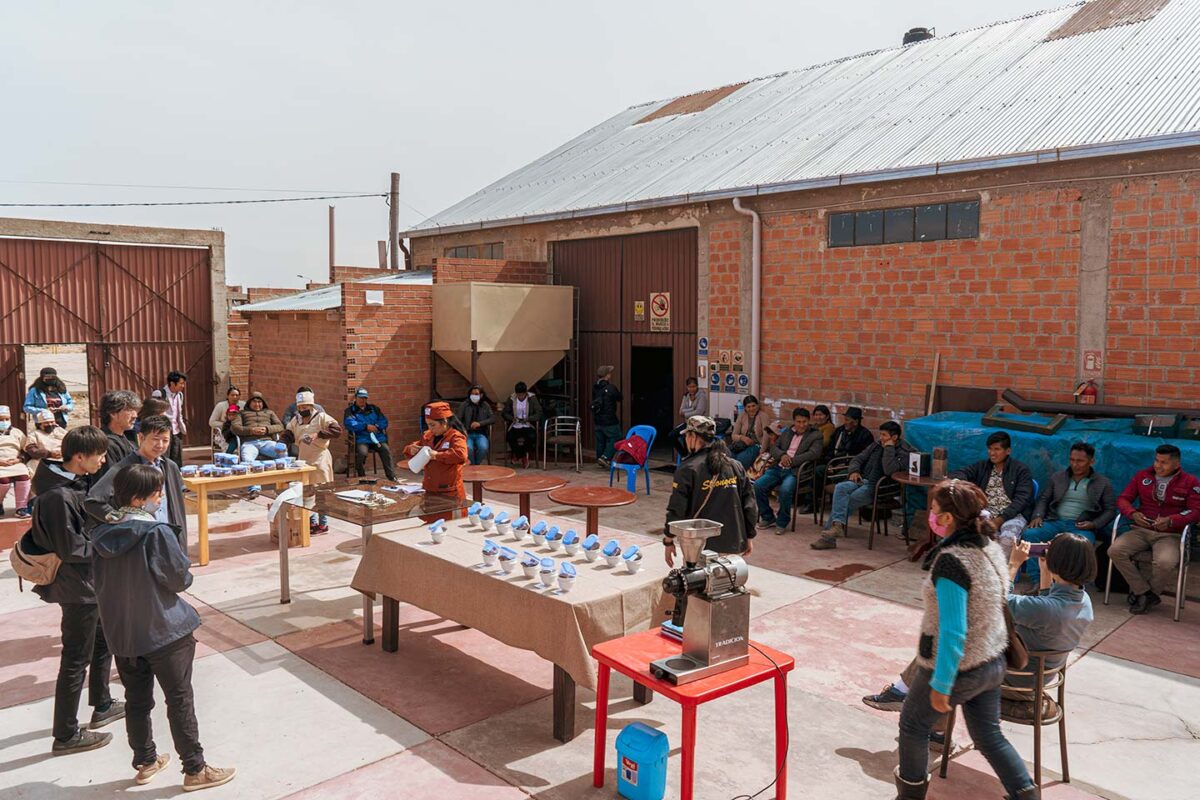
On the final day in the capital La Paz, 55 kinds of coffee were prepared for a cupping session. The roasters tasted each cup with a great focus and shared their feedback, as producers from various regions looked on. The session was wrapped up after an intense five hours.
“I realized just how meaningful it is to share my feedback on the quality of coffee directly with producers. I didn’t know I could connect with them at such a deep level through face-to-face conversations. Not only do I want to see them every year but I also want to see their coffee year after year, too,” writes Sakashita of Blue Beans Roastery in one of his blog posts.

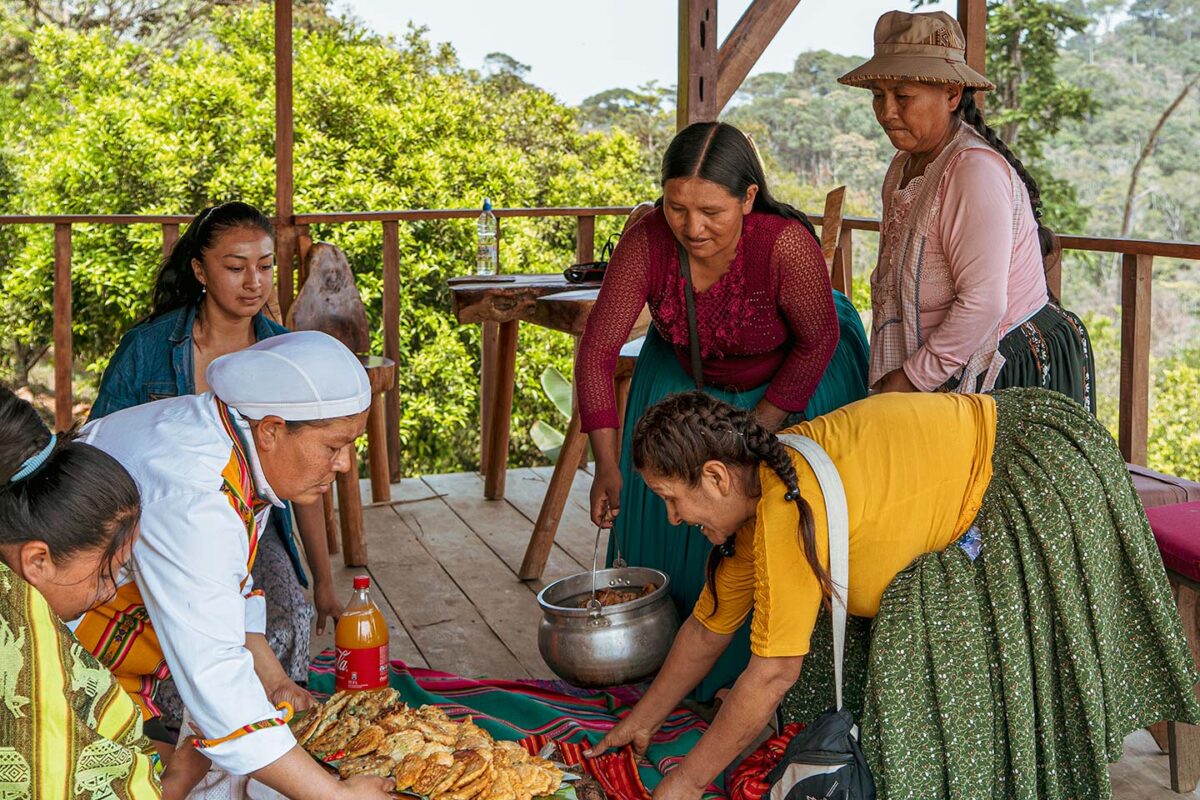
The group also visited a farm in an area that’s traditionally been home to the Aymaras. Third-generation coffee producer Nassia of Sempiterno had a surprise ready for the visiting roasters. To introduce the Aymara culture, she gave a feast with local dishes and music. The meal also included chicha, a traditional Andes alcoholic drink made from maize. Following a crash course by Nassia, the roasters sprinkled a little bit of the beverage on the ground to thank the earth before drinking it.
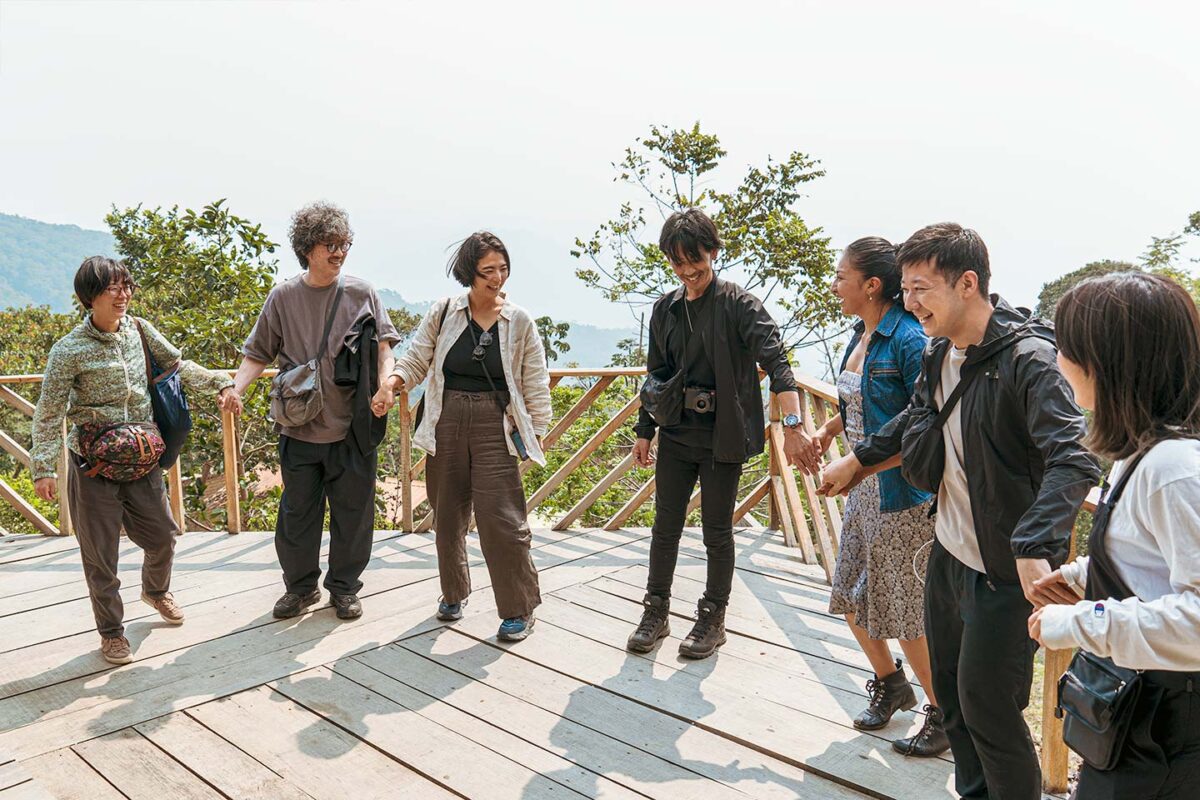
Looking back on the experience, Nagasawa of NAGASAWA COFFEE wrote that being thankful to the earth is part of the Bolivians’ tradition, and that this attitude was also visible in the way they produce coffee in harmony with nature. He also noted that he was more impressed by the producers’ work ethics than by the quality of their coffee.

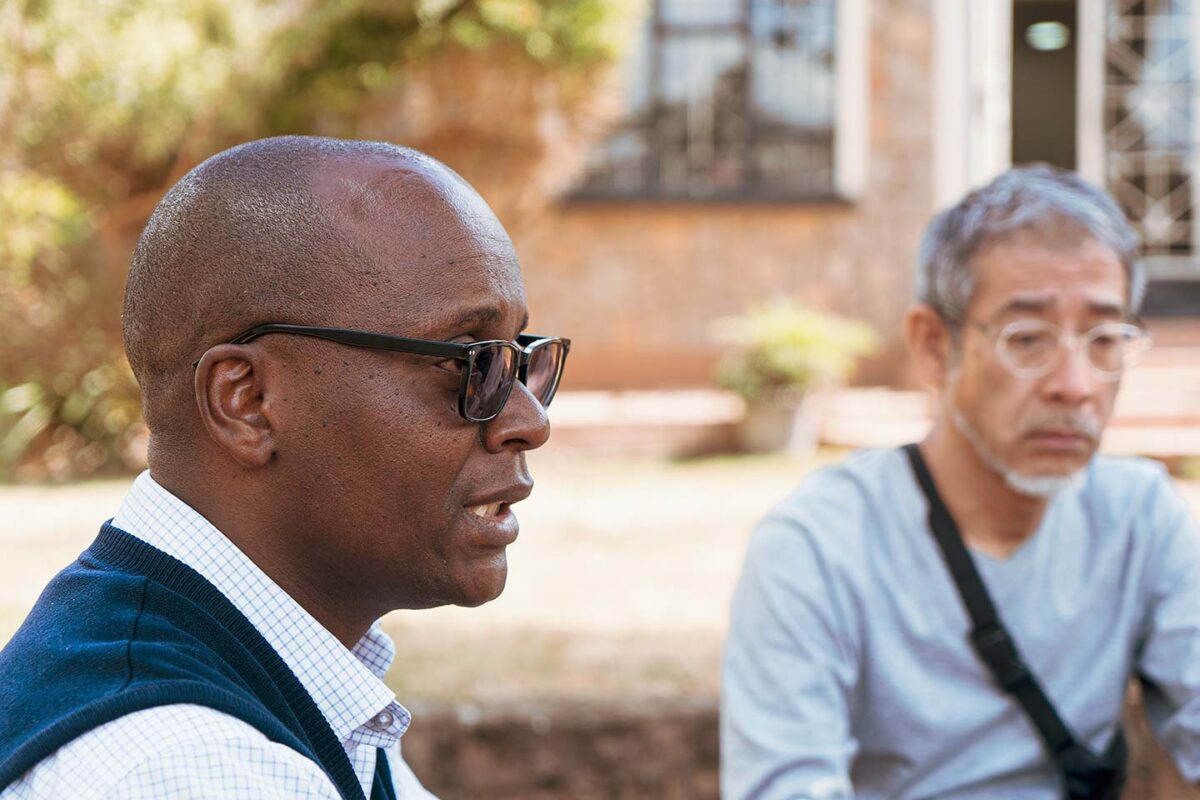
The second series of TYPICA Lab took place from October 26 to November 9. 17 roasters from Asia and Europe stayed in Tanzania and Kenya. Leon of Acacia Hills hosted the group in Tanzania, while in Kenya, Peter of Rockbern and Daniel of Kenyacof welcomed the roasters.
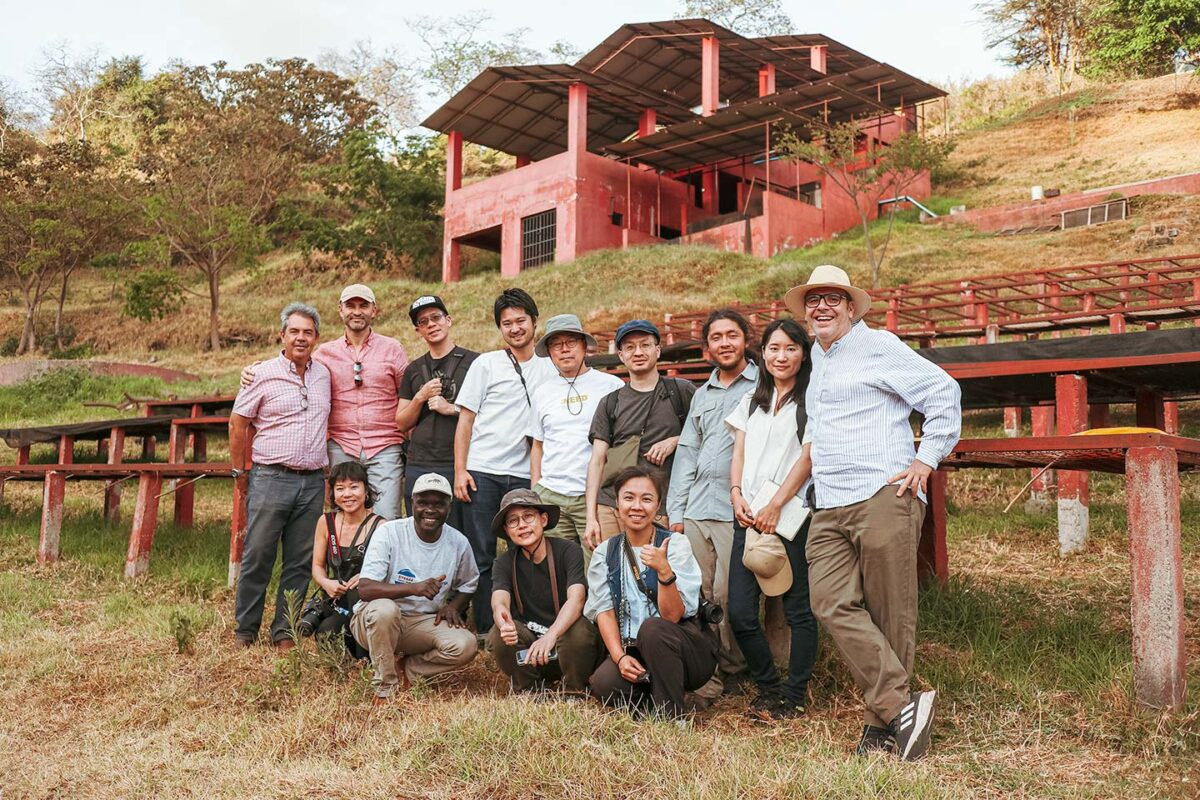
At Acacia Hills, roasters were given an up-close look at the workings of a meticulous production system and the professionalism of Leon’s team. Above all, they seemed impressed by Leon’s earnest interest in their feedback. Reflecting on a cupping session, Enrique of Cafes Guayacán said that Acacia Hills’ coffees are “genuine, consistent and have extraordinary subtlety.” Julia of N3 Coffee wrote that a single coffee bean can express so much more than just its terroir or flavor – it also contains the heart-warming narrative and daily hard work of the producer behind it.
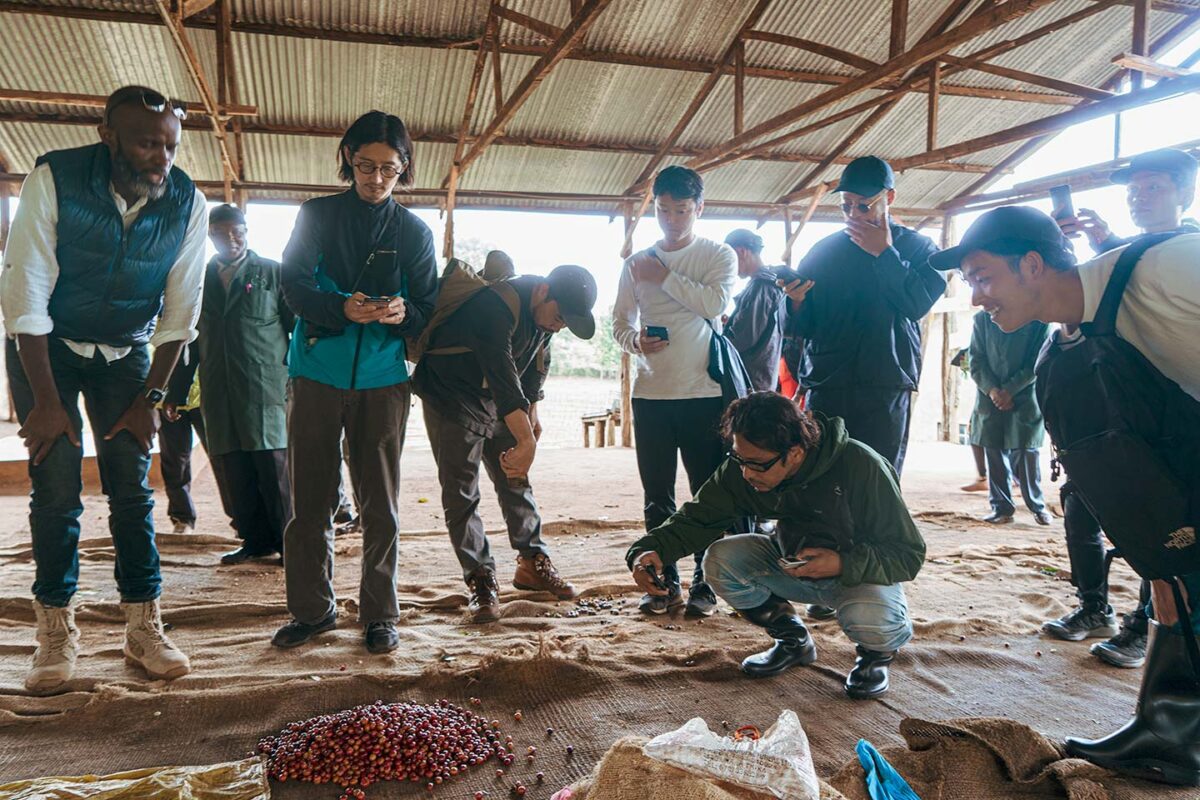
In Kenya, where the harvesting season had just begun, the group had the opportunity to watch coffee pickers in action. Despite being busy, pickers took some time out to courteously greet the roasters. This scene seemed to embody their deep trust in Peter, who seeks to change the status-quo of Kenya’s coffee industry and works tirelessly to expand producers’ access to direct trade.

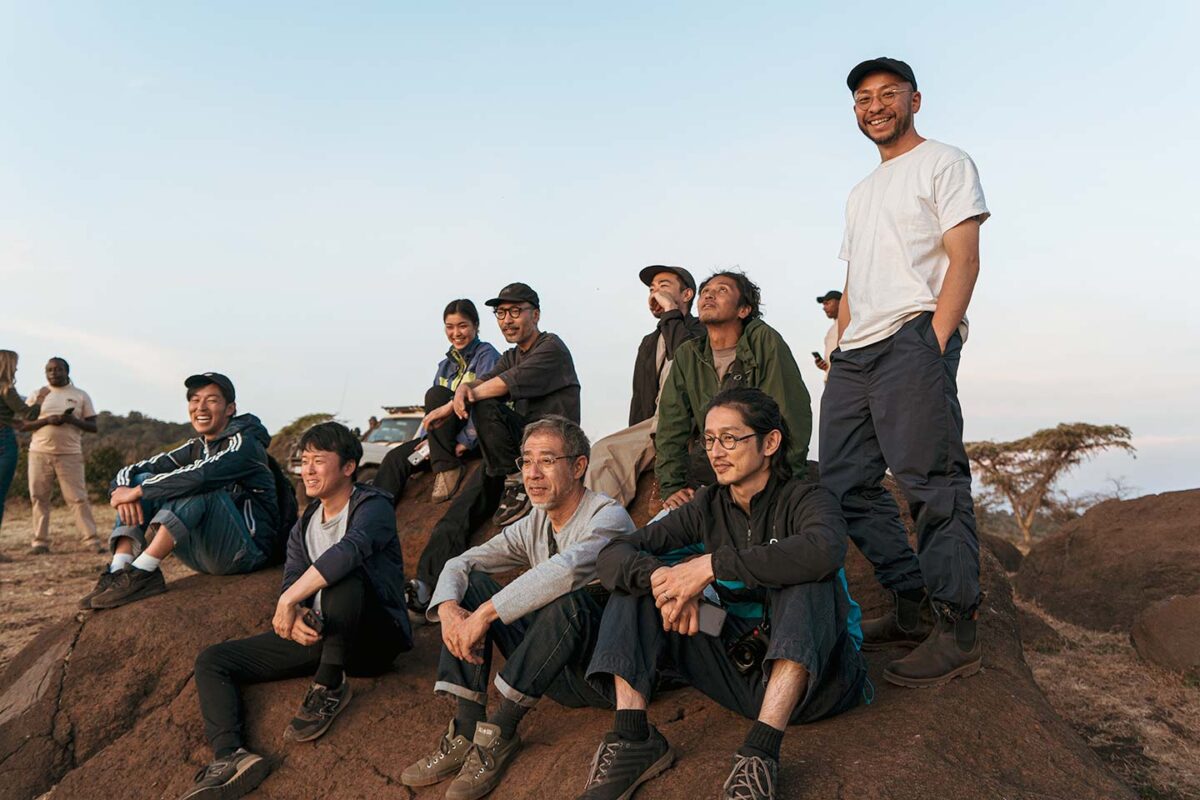
Every night during the program, roasters engaged in an endless coffee talk and took inspiration from each other. Furuya of The Coffee Market wrote in a blog post that he was able to spend an extremely exciting 10 days thanks to young roasters. He added that the tour was an amazing opportunity to recharge his passion for coffee that had been waning over the many years of his coffee career.
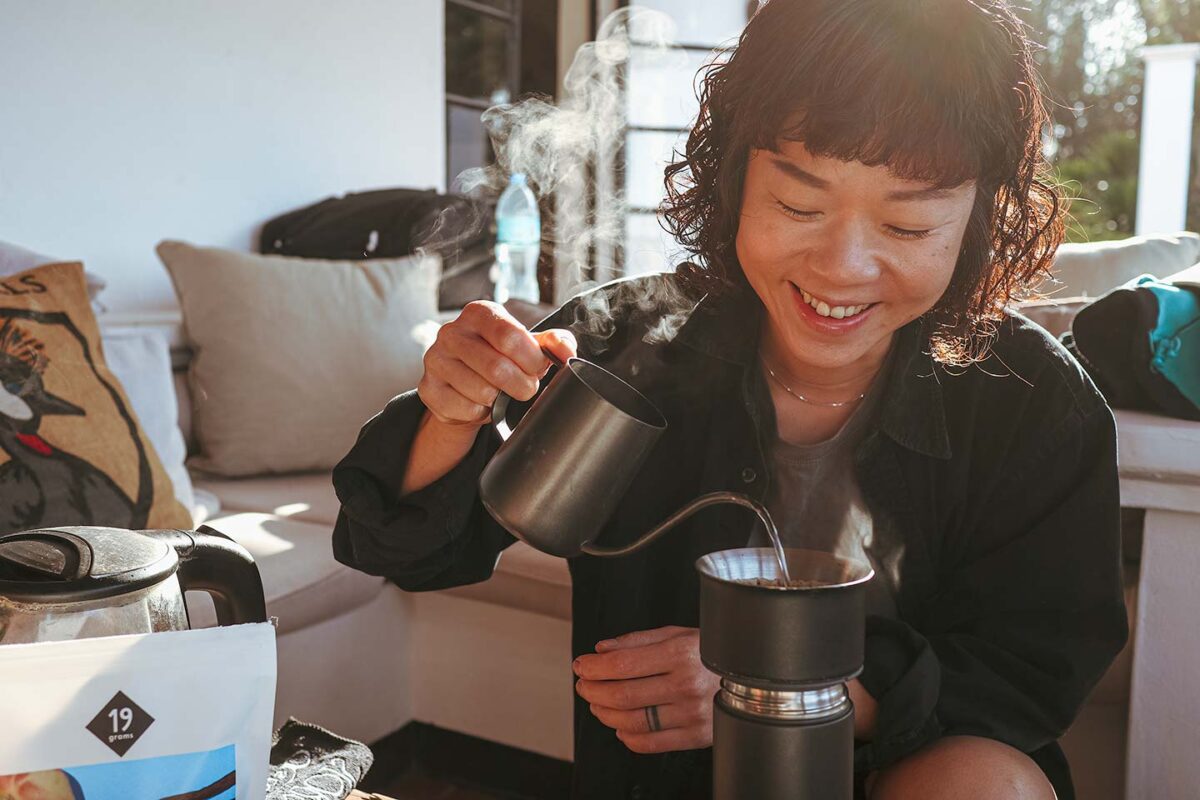
TYPICA Lab doesn’t end when roasters go home. We plan to release a documentary film in December, taking an in-depth look at how the project reshaped the roasters’ idea about their job and coffee, and what changed before and after the trip. Other new content is also in the works to delve deeper into the thoughts and philosophies of each roaster.
Check out the TYPICA Lab page for diary posts and Instagram photos that roasters shared during their stay. The third series will begin in Ethiopia in January 2023, and the fourth series is scheduled to take place in El Salvador and Guatemala in March 2023.
